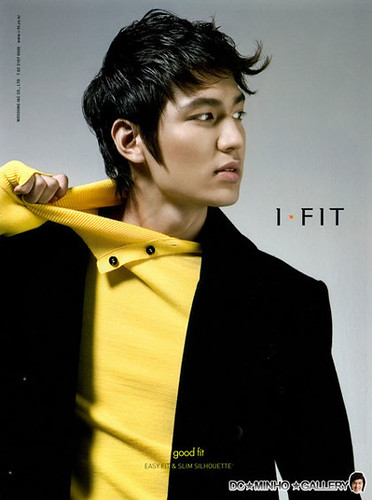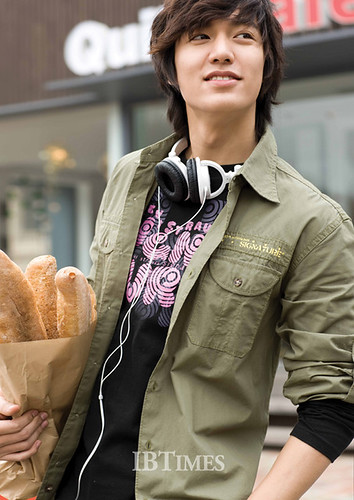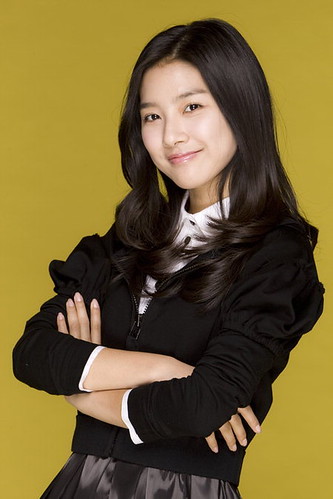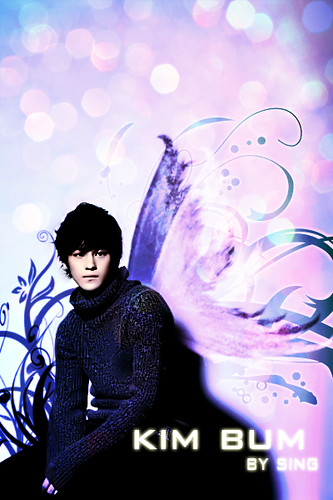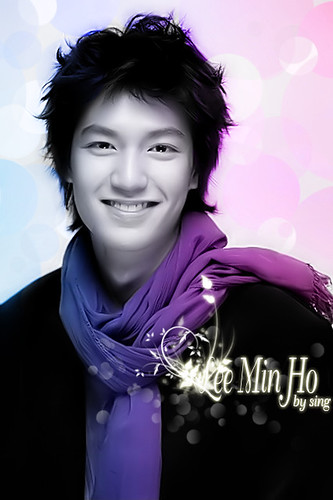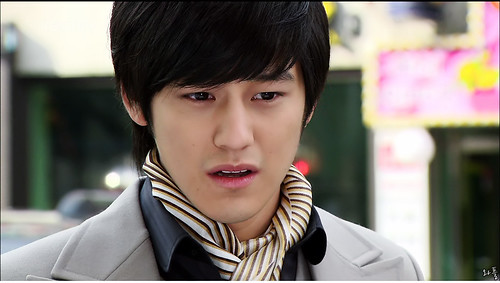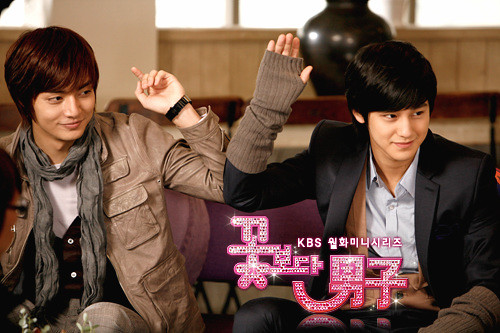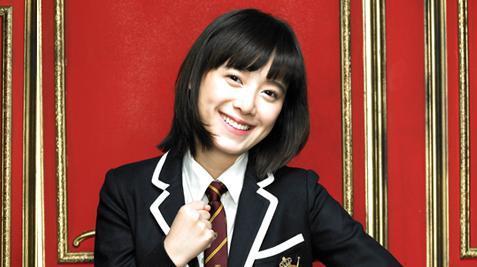It said it had invited the trio to set out their grievances on Saturday, with a decision on Sunday about any possible recount in the June 12 election, which returned hardline incumbent Mahmoud Ahmadinejad to power.
Mousavi himself joined the crowds, most of whom were dressed in black as a mark of mourning for demonstrators killed in clashes during the protests, which have been banned by the authorities, witnesses said.
The crowds began to quietly disperse after about five hours, the witnesses said, and there were no reports of any incidents.
 A picture released by the Iranian Mehr News Agency shows thousands of Iranians taking part in a massive rally supporting Iranian opposition leader, Mir Hossein Mousavi, in Karimkhan Zand street in Tehran on June 17, 2009. Tens of thousands of supporters of Mousavi demonstrated for a sixth straight day, keeping up the pressure on the Islamic regime over the disputed vote, witnesses told AFP. (AFP/MEHR NEWS)
A picture released by the Iranian Mehr News Agency shows thousands of Iranians taking part in a massive rally supporting Iranian opposition leader, Mir Hossein Mousavi, in Karimkhan Zand street in Tehran on June 17, 2009. Tens of thousands of supporters of Mousavi demonstrated for a sixth straight day, keeping up the pressure on the Islamic regime over the disputed vote, witnesses told AFP. (AFP/MEHR NEWS) State radio has reported seven deaths since the protests started.
Foreign journalists have been barred from attending all rallies or other events without express authority.
The protesters carried pictures of Mousavi and placards bearing slogans such as "We have not had people killed to compromise and accept a doctored ballot box," one witness said.
Another placard said: "My martyred brother, I will get back your vote."
Mousavi appeared despite warnings from the hardline Basij militia, which has been at the forefront of action against protests, for defeated candidates to dissociate themselves from the "rioters."
Facing their biggest crisis since the 1979 revolution against the shah, Iran's Islamic rulers have gone on the offensive. They have arrested protesters and prominent reformists, tightened their grip on the media and lashed out at "meddling" by foreign foes, including the United States.
Besides the seven reported deaths, many more people have been wounded in the worst violence for at least a decade, with protests reported in provincial cities as well as Tehran.
Supreme leader Ayatollah Ali Khamenei said he would consider a partial recount after Ahmadinejad's defeated challengers lodged formal complaints of vote-rigging.
But Mousavi is insisting that what has described as a "shameful fraud" be annulled and a new election called.
World powers have raised concern about the situation in Iran, particularly the violence and widespread arrests, with some European leaders publicly speaking of fraud and irregularities.
The Iranian mission to the European Union hit back on Thursday saying that foreign support for the opposition demonstrators "cannot be justified."
On Wednesday, Iran summoned the Swiss ambassador, who represents US interests in Iran, to protest at what it called "interfering remarks" by US officials.
Warning they would crush any "velvet revolution," the authorities have rounded up scores of people, including prominent reformists and even former government officials.
In the latest sweep, Iran on Wednesday arrested Ebrahim Yazdi and Mohammad Tavasoli, veteran revolutionaries and leaders of Iran's Liberation Movement, the Etemad Melli newspaper reported.
And state television reported that a plot with "extensive ties" to unnamed foreign interests had been uncovered to carry out bombings in Tehran on election day.
In a sign of cracks emerging within the Iranian elite, a number of influential clerics have spoken out about the election results and the subsequent crackdowns.
Ayatollah Mehdi Hadavi Tehrani called on Thursday for Interior Minister Sadeq Mahouli to be impeached.
The combative Ahmadinejad -- who set Iran on a collision course with the West during his first four-year term -- has remained defiant, saying his victory showed faith in his government of "honesty and service to the people."
In a rare move, Khamenei is due to lead the main weekly Muslim prayers in Tehran on Friday, in the presence of the Basij militia.
Mousavi and reformist former president Mohammad Khatami, who was succeeded by Ahmadinejad in 2005, issued a joint letter on Wednesday urging authorities to release those arrested and to halt the violence.
"We ask you to take all the necessary measures to put an end to today's worrying situation, to stop the violent actions against people and to free those arrested," said the letter, published on Mousavi's website.
Meanwhile, the Fars news agency reported that a daughter and son of another former president who has been a prominent Mousavi supporter -- Akbar Hashemi Rafsanjani -- have been barred from leaving the country over their alleged role in disturbances since the election.
On Wednesday, state television showed footage of Rafsanjani's chador-clad daughter Faezeh talking animatedly among protesters in Tehran. The former president's son, Mehdi Hashemi, was also the target of mudslinging by Ahmadinejad during the election campaign.
In new measures against the media, the elite Revolutionary Guards told websites to delete material that "creates tensions" or face legal action, and the foreign ministry issued a new warning to the foreign media, accusing some outlets of becoming the "mouthpiece of the rioters' movement."
Pictures, videos and updates from the streets of Iran continue to pour in to social-networking and image-sharing websites such as Twitter, Facebook and YouTube despite Iranian efforts to cut off mobile phones and the Internet.
Sometimes jumpy footage broadcast on the Internet from amateur videos has shown chaotic and sometimes brutal scenes of violence, with police beating protesters and one image purportedly showing a protester shot dead during massive street protests on Monday.










